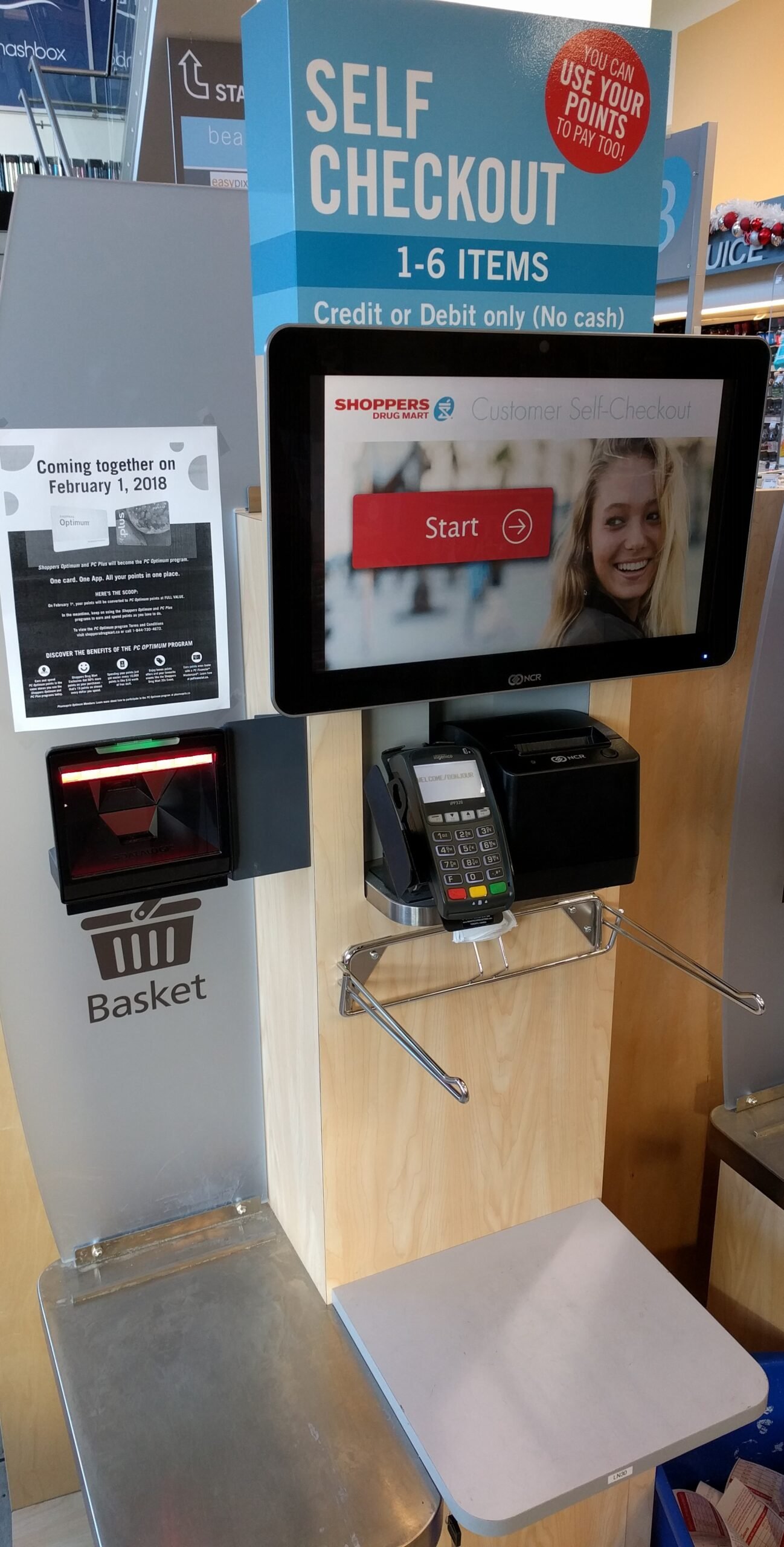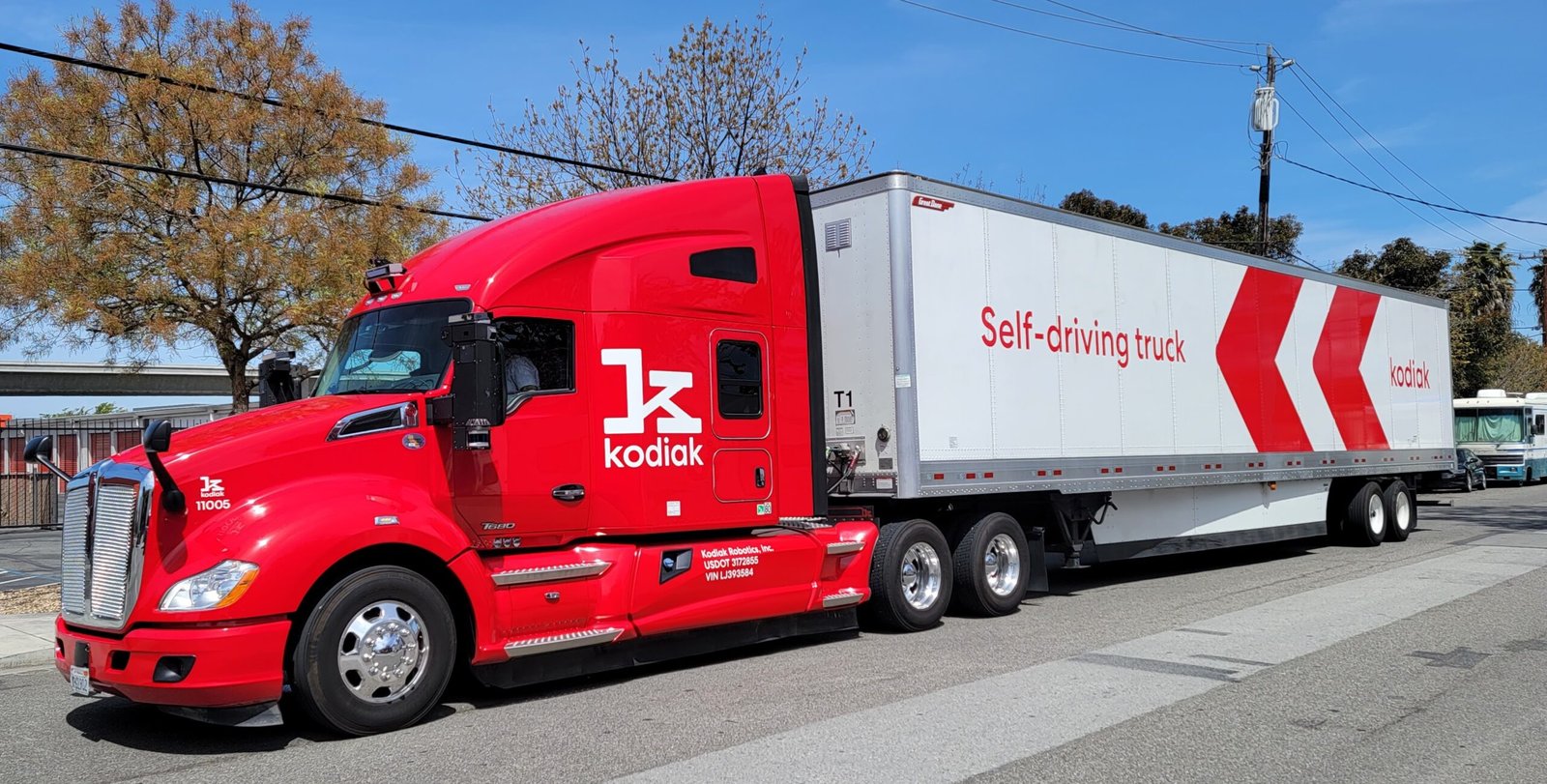Artificial intelligence is not knocking on the door—it’s already in the living room, and for many in West Virginia, the clock is ticking. Imagine waking up to find your job description replaced overnight by a machine that never sleeps. That’s the reality for thousands as AI barrels forward, transforming the job landscape with a speed and certainty that’s both thrilling and terrifying. The question echoing in kitchens and coal towns alike is simple: Will your paycheck survive the AI wave?
Retail Workers Facing Unstoppable Automation

Walk into a local store in Charleston or Morgantown, and you’re likely to be greeted by more blinking screens than smiling faces. Self-checkout kiosks are multiplying, quietly replacing cashiers and stock clerks one beep at a time. The numbers are jaw-dropping: over 70 percent of retail tasks can now be automated, from scanning groceries to managing inventory. That means real people—neighbors, high schoolers, parents—could see their hours slashed or their jobs disappear. For many families, a retail paycheck is the difference between making rent and falling behind. Each new machine feels like another brick in a wall shutting out the old way of work.
Manufacturing Jobs Under Relentless Threat
West Virginia’s manufacturing roots run deep, but the factory floor is changing at lightning speed. Robots and AI-driven machines don’t get tired, don’t take breaks, and don’t call in sick. Industry watchers warn that up to 50 percent of manufacturing roles could vanish by 2025, replaced by tireless arms and smart sensors. It’s not just about speed—AI brings precision, consistency, and cost savings that companies can’t ignore. The haunting reality is that the line separating man from machine is fading, and entire families who’ve built their lives on factory wages now face a future that looks nothing like the past.
Transportation Jobs Hanging by a Thread

Picture a long haul truck heading down I-64, but there’s no one behind the wheel—just a computer keeping the rig steady. Self-driving technology isn’t science fiction anymore: it’s already being tested on highways across America. Reports suggest autonomous vehicles could wipe out up to 3 million driving jobs nationwide, and in West Virginia—where driving is a lifeline for so many—this is more than a statistic. It’s a gut punch. From coal haulers to delivery drivers, the specter of AI on the open road means fewer paychecks and more uncertainty for families who depend on every mile.
Customer Service Roles Fading into the Cloud
Remember the last time you called a company and got a chatbot instead of a human? That’s AI at work, and it’s only getting smarter. Businesses are racing to adopt virtual assistants that never sleep and never get flustered. Projections show a staggering 30 percent drop in customer service positions by 2025 as more companies turn to digital helpers. For West Virginians answering phones or working help desks, this shift can feel like a rug being pulled out from under them. Conversations that used to require empathy, patience, and a human touch are now being handled by lines of code, leaving workers scrambling for what’s next.
Data Entry Jobs Vanishing Overnight

Once upon a time, data entry was the quiet engine behind every office in the state. But now, AI systems can crunch numbers, sort information, and spot mistakes faster than any human ever could. Experts estimate up to 40 percent of these jobs could disappear in just a few years. For many, data entry was a foot in the door or a stable gig that paid the bills without a college degree. Watching those opportunities dry up is not just frustrating—it’s heartbreaking, especially for workers who’ve devoted years to keeping the wheels of business turning.
Reskilling Becomes a Matter of Survival
Facing this tidal wave of change, the old advice of “learn a trade” takes on a new urgency. Reskilling isn’t just a buzzword; it’s a lifeline for anyone whose job is on the chopping block. Community colleges and training programs are scrambling to keep up, offering crash courses in coding, data analysis, and tech support. The message is clear: adapt or risk being left behind. For some, that means embracing the unknown—swapping a wrench for a keyboard or a steering wheel for a laptop. The stakes couldn’t be higher, and every new skill learned is a step away from the edge.
New Work Rising from the Ashes
It’s not all doom and gloom—AI may close doors, but it also opens new ones. As old roles fade, brand new jobs are springing up in fields like AI maintenance, software development, and digital security. These aren’t just techie positions for Silicon Valley types; they’re real, accessible opportunities for West Virginians willing to make the leap. The challenge is bridging the gap between what workers know now and what the future demands. It’s a race against time, with hope and anxiety riding side by side.
Communities Rally for a Better Tomorrow
As the threat of job loss looms, West Virginia’s communities are refusing to stand still. Local leaders are pushing for more investment in education, apprenticeships, and innovation hubs. Schools are teaching coding and robotics to kids who once dreamed only of coal or construction. There’s a spirit of defiance—an unwillingness to let AI write the story alone. Every new program, every retrained worker, is a small victory in the bigger battle for the state’s future.
The Human Factor Still Matters
Even as machines get smarter, there’s something they can’t replace: the grit, heart, and creativity of real people. Whether it’s a friendly face at the checkout, a trucker’s steady hand, or a customer service rep’s calm voice, human skills still count. The future may be uncertain, but West Virginians have weathered tough times before. The key is holding onto what makes us human even as we learn to work alongside the machines.
A Future Waiting to Be Written
The AI revolution is rewriting the rules for everyone, and West Virginia stands at a crossroads. Some jobs may fade into memory, but new dreams are just waiting to be built. The next chapter belongs to those willing to learn, adapt, and fight for their place in a changing world. Would you have guessed which roles were most at risk?

